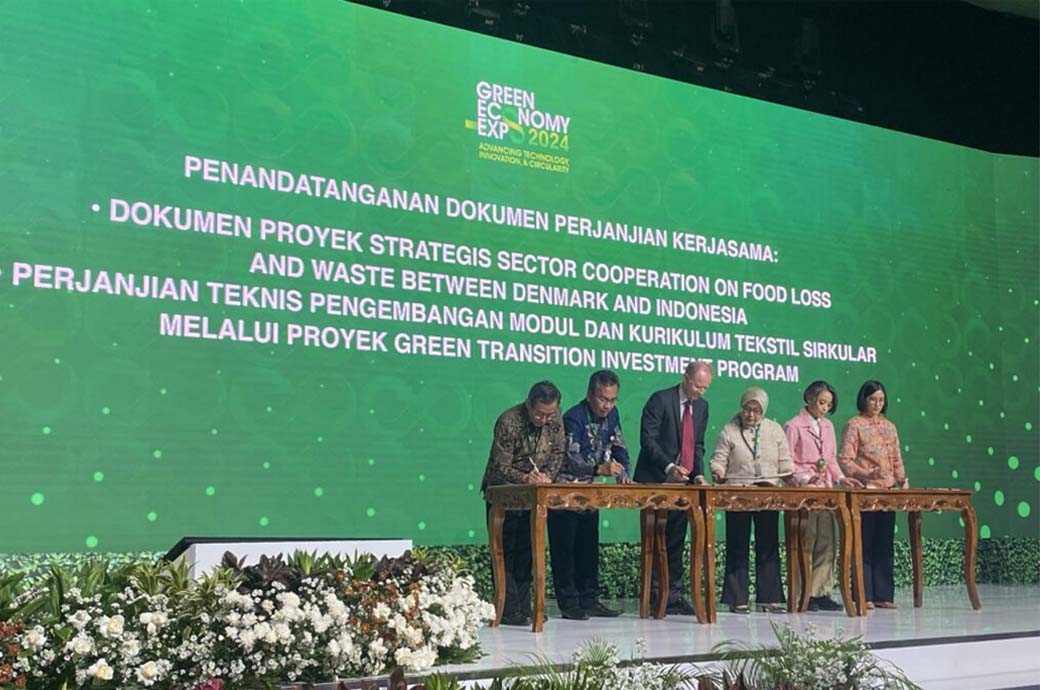

The partnership aims to support Indonesia’s textile sector in adopting a circular economy approach, a priority and ambition of Bappenas. According to a study in 2023, the textile industry employed 3.98 million people and, in the first quarter of 2024, contributed 5.84 per cent to Indonesia’s Gross Domestic Product (GDP).
The Finnish ministry of foreign affairs has committed to supporting GGGI Indonesia in its collaboration with key government institutions and sustainability-forward initiatives like Pable, a textile-to-textile recycling company, to make a circular economy a reality. Through GGGI Indonesia’s Green Transition Investment Programme (GTIP), the partnership aims to reverse the environmental impact of textile waste, introduce the potential of circular textiles, create green jobs, and organise training programmes, GGGI said in a press release.
Bappenas recently published Indonesia’s Circular Economy Roadmap and National Action Plan, which emphasises addressing textile waste as one of the five prioritised sectors with the potential to adopt a circular approach. “We found that textile waste in Indonesia is estimated to reach around 2.3 million tons per year and will continue to increase by 70 per cent if there are no interventions. This partnership was initiated not only to manage textile waste but also as a collaborative effort to develop a circular textile ecosystem, which includes the creation of financial schemes and capacity building of circular textile industry players in Indonesia,” said Priyanto Rohmattullah, Bappenas director of the environment.
The partnership will involve Bandung Polytechnic of Textile Technology, a trade school specialising in textile production, and provide opportunities to strengthen their existing technical and vocational study and training (TVET) programmes. This will, in turn, result in improved skills and knowledge of textile recycling techniques and more job opportunities.
“In the long run, the programme aims to support local businesses accessing various markets with stringent sustainability standards,” said Yorkie Sutaryo, GGGI Indonesia GTIP Indonesia lead.
One of GTIP’s key partners is Pable, a local company whose business model centres on innovative textile-to-textile recycling techniques. Pable’s expansion plan aligns with the increasing market demand for recycled products, allowing Pable to generate socio-economic benefits for society and contribute to Indonesia’s economic growth at the same time.
“Pable has successfully proven that a circular approach is applicable to Indonesia’s textile sector through a transparent recycling process. We hope this partnership will help us expand our sustainable business practices, reach new audiences, and open more doors of opportunity for those wishing to dive deep into Indonesia’s textile recycling sector. We believe that the circular economy could help protect our planet,” said Aryenda Atma, founder and chief executive officer (CEO) of Pable.
The partnership under GTIP will also allow Pable to access technology transfer facilitated by the Finnish ministry of foreign affairs, further bolstering Pable’s contribution to transforming textile waste into recycled products for the global or Indonesian market.
Fibre2Fashion News Desk (RR)